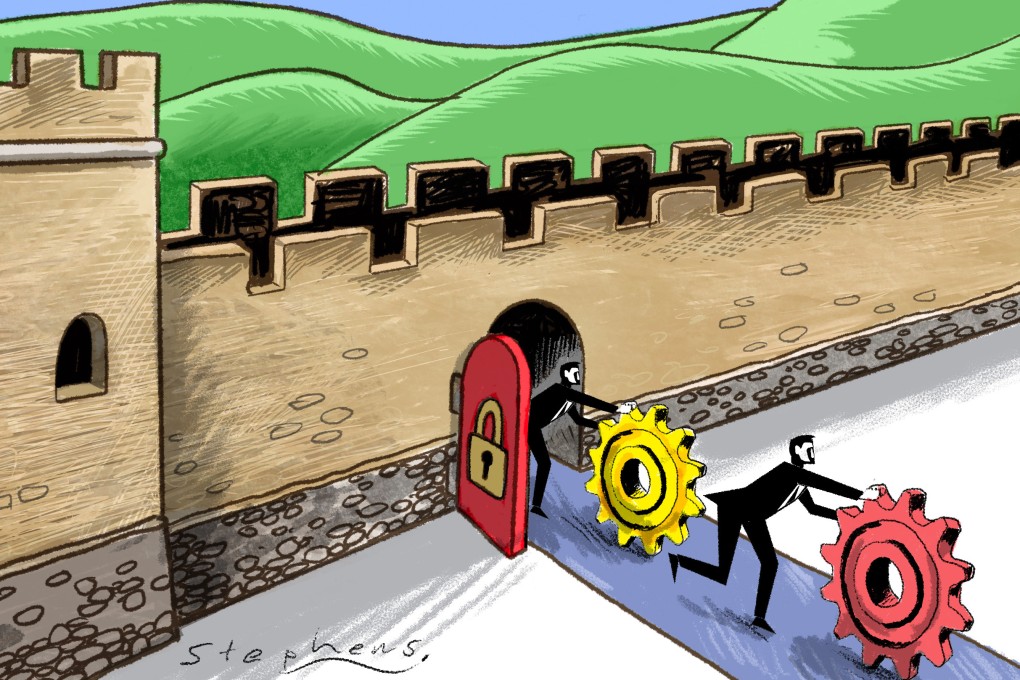Advertisement
Opinion | US-China thaw means Beijing can focus on development, not security
- Since Xi Jinping took power, national security has taken top priority over Deng Xiaoping’s mantra of keeping a low profile and building the economy
- Now US-China relations appear to be warming, Beijing should revive the economy and restore domestic and global business confidence
Reading Time:4 minutes
Why you can trust SCMP
9

President Xi Jinping and his US counterpart Joe Biden have hit the reset button on US-China relations, which had fallen to their lowest level in 40 years before their four-hour summit in San Francisco. The talks have not yielded much progress except for a promise to keep talking, but that is enough to allow the rest of the world to breathe a collective sigh of relief.
Advertisement
The significance of the summit should not be underestimated, not least because gloom and doom had dominated the narrative over the trajectory of the world’s most consequential bilateral relationship before the meeting, particularly after the United States shot down a Chinese “spy” balloon in February.
Biden described the talks as “some of the most constructive and productive discussions we’ve had”. The Chinese side was more upbeat, hailing the summit of “strategic significance and profound influence” and praising Xi’s vision and wisdom on guiding the great power relationship.
But how long will the reset last? As the systemic divisions underlying US-China relations remain unresolved, people have reason to wonder. For example, Biden stressed that both countries should manage their competition responsibly to prevent it from veering into conflict while Xi wondered aloud “are we adversaries or partners?”.
Few would expect the diplomacy between the US and China to return to the level of 20 or 30 years ago, but it is relevant today to learn from the older generations of US and Chinese leaders on how to handle the adversary-partner question at critical moments in the bilateral relationship.
Advertisement
After China’s border conflict with the Soviet Union in 1969, Mao Zedong decided to pivot towards the US. In 1970, he invited American journalist Edgar Snow and his wife to join the National Day celebrations on the Tiananmen Square rostrum, a signal well-received by then-US president Richard Nixon, which led to his visit to China in 1972 and full resumption of diplomatic ties in 1979.

Advertisement
